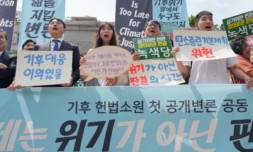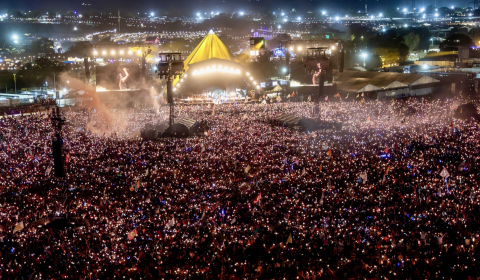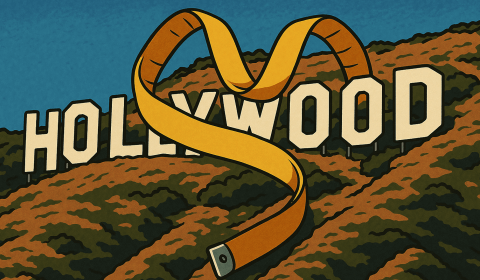Under the right circumstances, it seems that cancel culture can give people a second chance.
It’s not a secret that Korean entertainment holds its celebrities to a higher standard than the rest of the world, almost expecting nothing but pure perfection from them.
One scandal as silly as announcing their engagement, can start a whole campaign to end someone’s career, as has happened to many public figures.
This almost happened at Psick University to a group of comedians who host a show called Psick Show. This interview show breaks the norm by using a more Westernized style of interviewing, providing English subtitles or conducting interviews directly in English to attract viewers from all over the world.
This approach has made them one of the biggest shows in Korea and almost a mandatory stop for foreign celebrities.
A few months ago, Psick University posted a controversial video as part of their tourism content about Yeongyang-gun county. They made unfortunate comments about the food and the area, which resulted in Korean netizens, local leaders, and news outlets criticizing how these remarks came across as extremely rude rather than comedic.
The criticisms pointed out that people with their level of influence shouldn’t make this type of content given how harmful it can be and how their content is a representation of Korea to foreigners and potential tourists.




















